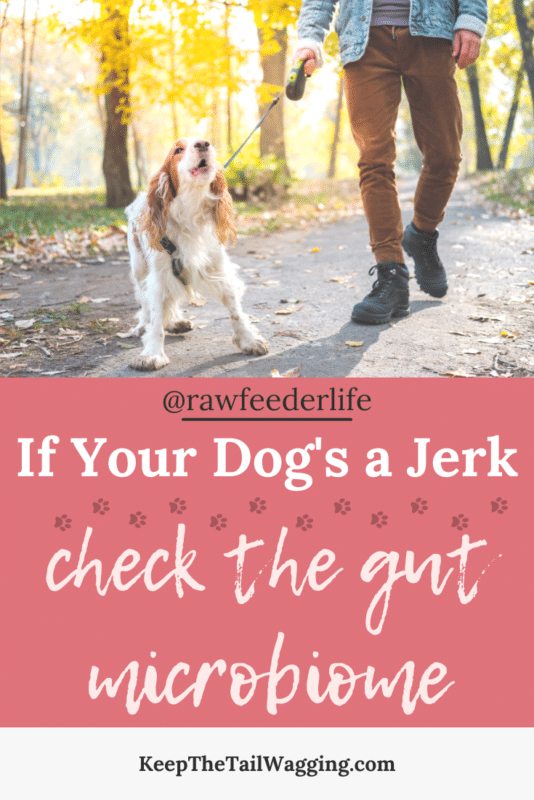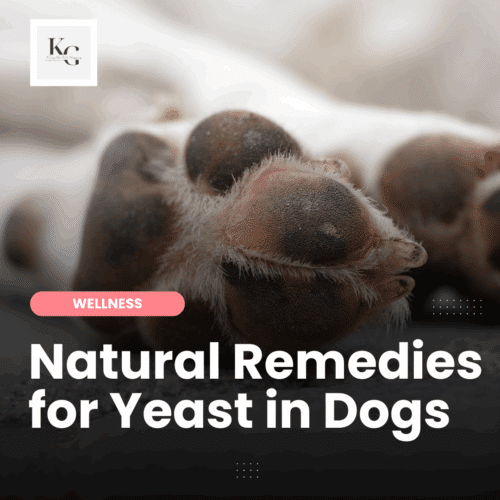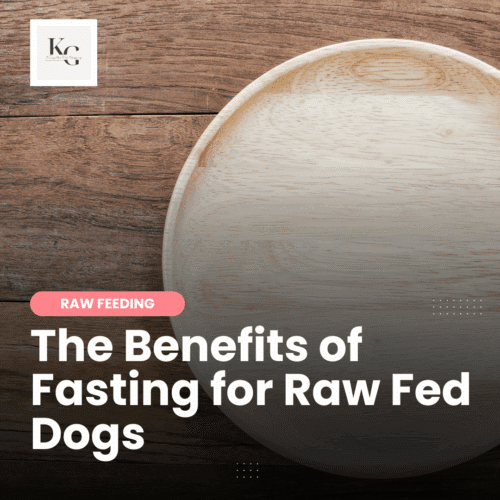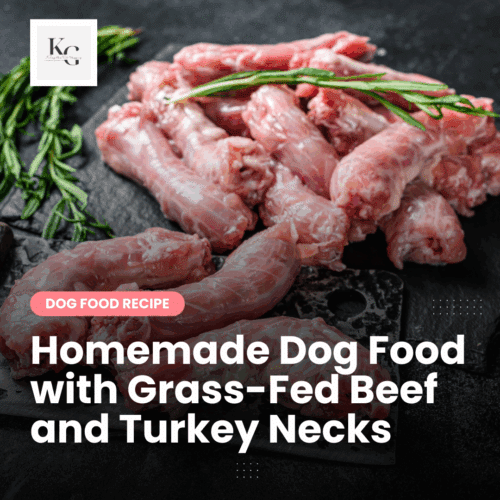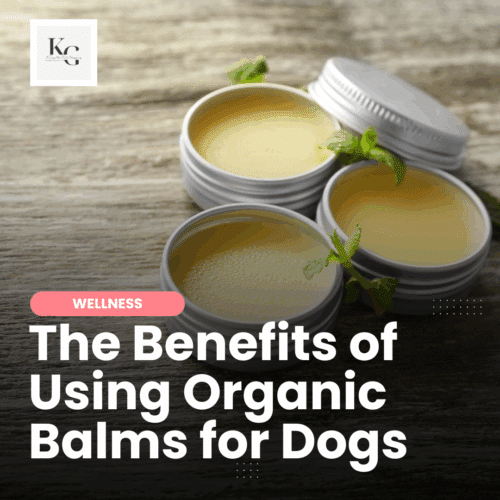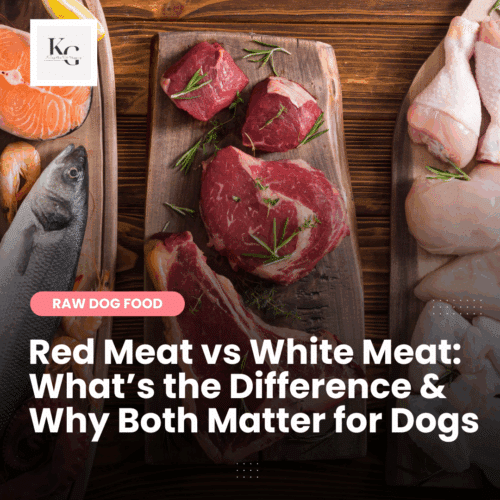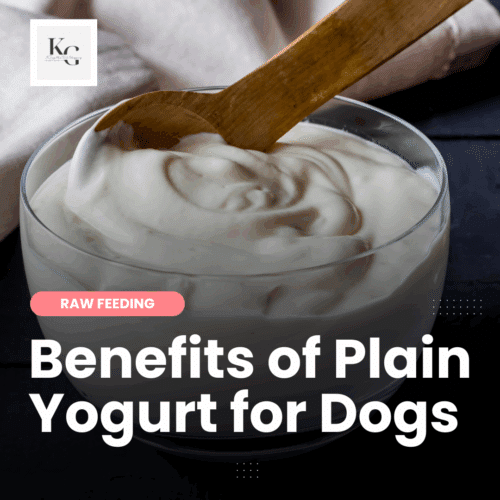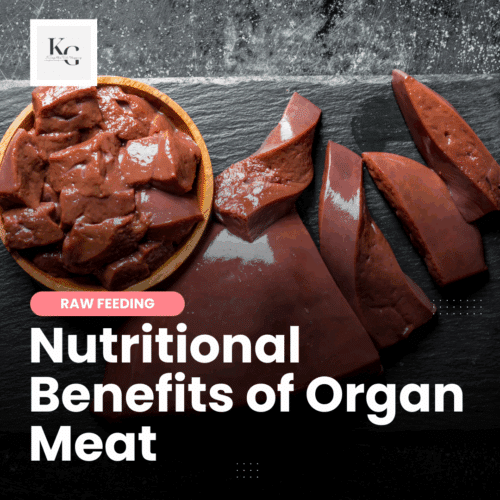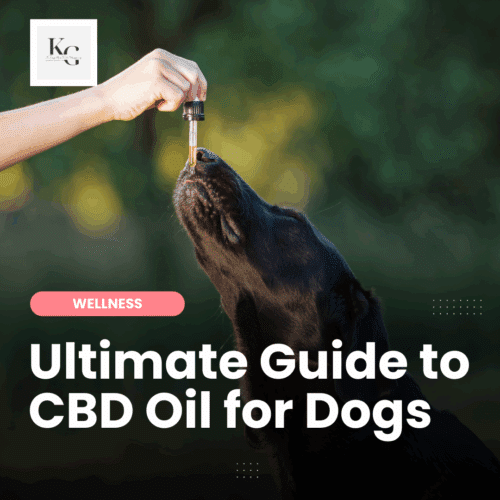Keep the Tail Wagging is supported by pet parents. I occasionally earn a commission (at no additional cost to you) when you click through an affiliate link to one of my favorite products. Thank you for your support. Read More
Rodrigo was a sweet puppy. He was curious and adventuresome but always a sweet puppy. So, imagine my surprise when he morphed into a jerk, and I couldn't take him anywhere. I started with a walk on the Centennial Trail. A group of cyclists rode by, something Rodrigo and Sydney (his sister) had seen many times, and Rodrigo became a barking, snarling demon. And at the dog park, he went from playing with other dogs to stealing toys and picking fights.
At the time, I called our dog trainer, and we began working with him again. That's when I learned about reactivity. I was told that as a herding mutt, he would struggle with cyclists and the dog park environment. Training didn't help, so we eventually stopped taking him on the trail, and I learned that wider walking trails and pack walks were better fit.
Over the years, I've wondered what happened. I blamed kibble, vaccinations, littermate syndrome, and myself. It never occurred to me that his gut microbiome was to blame. This is shocking because I switched to raw feeding because he had gut issues for the first three years of his life. I didn't make a connection until a friend of mine began chatting at a recent Julz Animal Houz Wild Wednesday (thanks, Lisa).
Gut Bacteria and Our Dogs
After my chat with Lisa, I pulled up Google and realized I'm the last person to connect a dog's gut microbiome (the community of microorganisms living in their gut) and their mood.
It starts with the Gut-Brain Axis.
Basically, different bacteria produce different chemicals that affect your pet's mood. Some of the big hitters regarding mood regulation are serotonin, GABA, and dopamine, and as much as 70% of serotonin is made in your pet's gut! Plus, all of these chemical messengers use that Gut-Brain Axis to communicate with your pet's brain. It's like they have a direct line to each other!
And, in case you don't know (because I didn't)…
Serotonin – influences learning, memory, and happiness; it also helps to regulate body temperature, sleep, and hunger.
GABA (Gamma-Aminobutyric Acid) – helps to control anxiety, stress, and fear by producing a calming effect in the system.
Dopamine – allows a feeling of pleasure, satisfaction, and motivation; this is why positive reinforcement training is effective when using the right motivator.
How an Imbalanced Gut Impacts a Dog's Behavior
Now we know that healthy bacteria in the gut will lead to happier moods in our dogs (and their humans). Studies show that unhealthy bacteria (or groups of bacteria) can lead to aggressive behaviors.
January 2020 Study: Gut microbiome structure and adrenocortical activity in dogs with aggressive and phobic behavioral disorders
“According to our findings, aggressive behavioral disorder was found to be characterized by a peculiar gut microbiome structure, with high biodiversity and enrichment in generally subdominant bacterial genera (i.e. Catenibacterium and Megamonas). On the other hand, phobic dogs were enriched in Lactobacillus, a bacterial genus with known probiotic and psychobiotic properties.”
The 2020 study was on dogs struggling with aggression and fear-related behavior, with researchers focusing on…
- the connection between the dogs' gut bacteria and their nervous system
- how the use of probiotics can help balance the gut and improve the dogs' behavior
- how stress impacts gut bacteria
This study only looked at a varied group of 42 dogs. More research is needed better to understand the gut/brain dynamic in our dogs, but this is a promising start.
A 2019 study on 31 pit bull mix dogs (21 aggressive, 10 non-aggressive) that were taken into protective custody. Stool samples were taken and compared, and researchers found that the gut microbiome of the aggressive dogs was significantly different than that of the non-aggressive dogs.
Learning how to improve a dog's gut bacteria can reduce problematic behavior, aggression, fear, and anxiety and strengthen a dog's immune system. So many dogs end up in shelters due to behavioral issues, and selecting the right pre and probiotics can help.
Why We Should Prioritize Our Dogs' Gut Health
Your dog’s gut health is important because it affects everything from brain function to immune system strength. But keeping their gut in good shape can be tricky! Many factors can mess with the balance of good bacteria in their gut, like the food they eat, antibiotics (including antibiotics given to farm animals), and weed killers like Round-Up.
Heavily-processed dog food (anything that’s been repeatedly treated with high heat or chemicals) can cause gut inflammation and leaky gut syndrome. A poor diet can throw off the balance of bacteria in a dog's gut microbiome, especially diets that are high in carbs (which break down into sugar) instead of meat-based (fresh food) diets.
The bottom line, it’s important to keep their microbiome happy and healthy, which means avoiding heavily processed dog foods, reducing antibiotics and other harsh medications, and eliminating toxins in ingredients and the environment.
So how do we do this?
3 Ways to Boost Your Dog's Gut Microbiome Today!
By now, I hope you understand why focusing on your dog's gut health is crucial. Rodrigo is a geriatric dog, he's no longer aggressive, and his phobias have decreased. I believe this is because I prioritized his gut health due to his health issues as a younger dog. Today I'm taking the following three steps to support a healthier gut microbiome.
1 – Feed a Fresh Food Diet
A fresh food diet is crucial whether raw, homecooked, freeze-dried, or dehydrated. Unlike kibble, a fresh food diet is low in carbs, minimally processed, and has fewer (sometimes zero) synthetic ingredients. I feed my dogs a raw food diet; it's easier for them to digest and supports a healthier gut and immune system.
If feeding a fresh food diet isn't a possibility, visit your local independent pet store and discuss your dog's needs with them. If I had to switch back to a kibble diet, I would replace 20% (a little less than a quarter cup) of the kibble with fresh food – vegetables, cooked/lean ground meat, cooked fish (sardines, oysters, mussels). And I'd soak the kibble in bone broth for additional nutrients.
2 – Add a Quality Digestive Supplement to the Diet
I look to Adored Beast Apothecary for my digestive supplements because this is the only company I know that adds canine probiotic strains to their blends. I alternate between several of their products, stocking up whenever they have a sale. My favorite products are:
I also add medicinal mushrooms to my dogs' diet, supporting gut health while supporting the full body and preventing disease. I alternate between the following brands:
- Real Mushrooms – 5 Defenders, Reishi, Cordyceps
- Animal Essentials – Mushroom Defense
- Adored Beast Apothecary – Turkey Tail, Chaga
3 – Start a CBD Oil Regimen for Overall Health
If you're an overachiever (like me), I also recommend putting your dog on a daily regimen of CBD oil. My dogs get a dropper full of CBD oil every evening to promote overall health and calm and to prevent disease. Earth Buddy Pet is a favorite brand; I alternate with EASE from CBD Dog Health. CBD oil made my list because of its many benefits…
- offers pain relief and reduces inflammation
- supports neurological function
- supports gut health
- decreases anxiety and promotes calming behavior
- can increase appetite in sick dogs
- boosts the immune system
- reduces allergy symptoms
- helps to maintain the body's homeostasis (state of balance in the body)
Healthy Gut, Healthy Dog
70-80% of the immune system lives in the gut. In my experience, supporting a dog's gut health is a huge step forward in supporting their overall health and extending their lives. I was told that Rodrigo would die shortly after his third birthday; this started this journey to better nutrition and improved gut health. I had no idea that my work would result in him still being with us ten years later and thriving. Today, I know that I strengthened his immune system by supporting his gut health.
And I never connected his calm behavior and decreased fears to his healthier gut. Now I know, and I'm applying what I've learned from Rodrigo to all of my dogs.
Improving a dog's gut health DOES NOT mean that we should stop working with a professional, balanced dog trainer. Working on gut health can work in partnership with the other steps we're taking to help our dogs.

